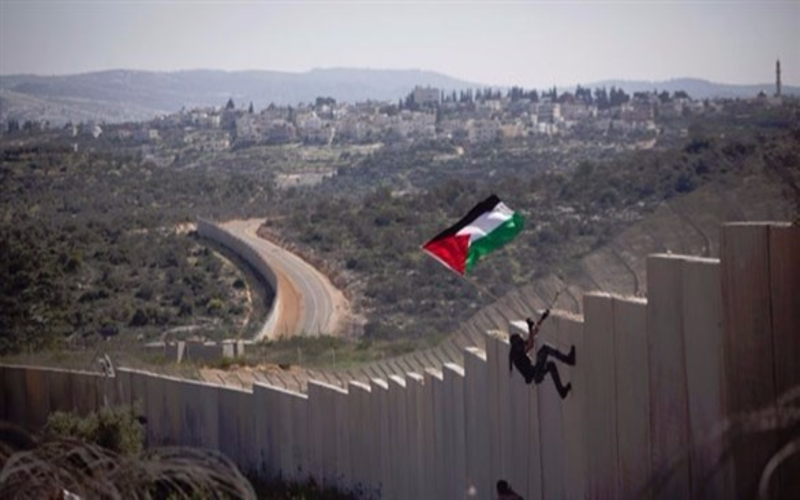Investing in youth to defeat extremism
Shortly after ISIS was driven out of its stronghold in Mosul, it became clear that the war was not yet won. As ISIS continues to lose territory, fighters and credibility in the conventional war, it will resort to more unconventional tactics. And it is able to do so for one simple reason: the conditions that allowed ISIS ideology to flourish in the first place still remain. One of the movement’s most effective strategies has been to exploit ethnic and sectarian tensions, turning Sunni against Shia, sowing division and distrust. And those who have suffered the most from this violence are children and ... Read More






